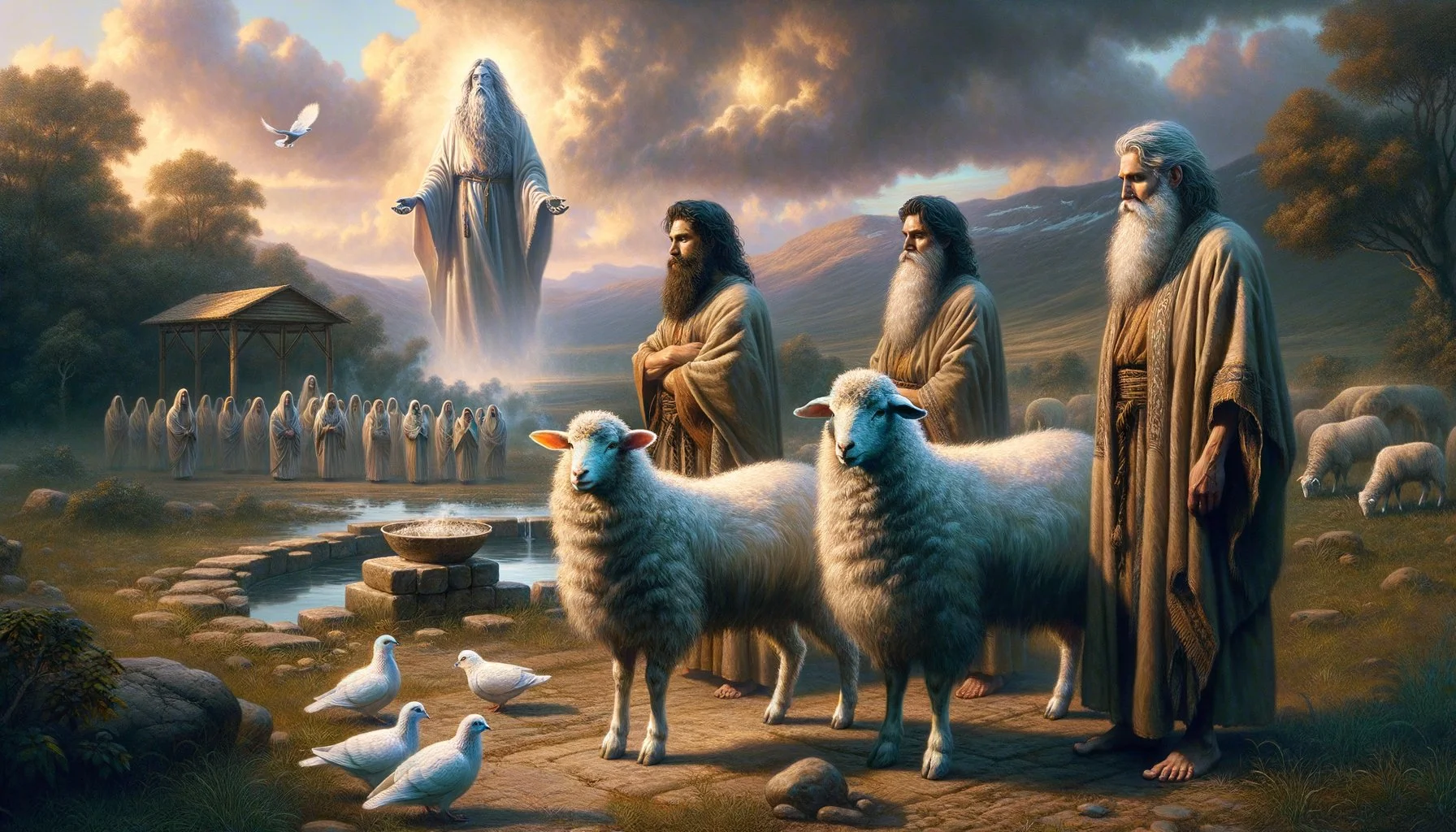
Understanding the Difference Between Holy Ghost and Holy Spirit: A Comprehensive Guide for Christians
Posted on 29 February 2024
Is there a difference between the Holy Ghost and the Holy Spirit?
When considering the difference between the Holy Ghost and the Holy Spirit, it's essential to understand that in Christian theology, these terms are often used interchangeably to refer to the third person of the Holy Trinity. The Holy Ghost and the Holy Spirit both represent the presence and power of God in the lives of believers. In the King James Version (KJV) of the Bible, the term "Holy Ghost" is more commonly used, while modern translations often use "Holy Spirit."
In the Bible, the Holy Spirit is described as the Spirit of God that dwells within believers, guiding them in truth, empowering them for service, and convicting them of sin. For example, in Romans 8:11, it says, "But if the Spirit of him that raised up Jesus from the dead dwell in you, he that raised up Christ from the dead shall also quicken your mortal bodies by his Spirit that dwelleth in you."
The term "Holy Ghost" can sometimes carry a more traditional or formal connotation, while "Holy Spirit" is often seen as a more modern or contemporary term. This difference in terminology can reflect cultural and linguistic changes over time.
Some Christian denominations may prefer to use one term over the other based on their theological beliefs or historical traditions. For example, Pentecostal and charismatic churches may emphasize the role of the Holy Spirit in the lives of believers, while more traditional or liturgical churches may use the term "Holy Ghost" in their worship and teachings.
The use of different terms to refer to the same divine entity can also be seen as a way to emphasize different aspects of the Holy Spirit's work. For example, the term "Holy Spirit" may highlight the idea of God's presence and guidance, while "Holy Ghost" may emphasize the mysterious and transcendent nature of the Spirit's work in the world.
What's the difference between the Holy Ghost and the Holy Spirit in the KJV?
The distinction between the Holy Ghost and the Holy Spirit in the KJV mainly lies in the language used during the translation process. The term "ghost" in the KJV refers to the spirit or breath of God, emphasizing the ethereal and mysterious nature of the divine presence. On the other hand, "spirit" conveys the idea of the immaterial essence or energy of God.
Throughout the KJV, verses such as Matthew 3:16 use the term "Holy Ghost" to describe the manifestation of God's presence during significant events like the baptism of Jesus: "And Jesus, when he was baptized, went up straightway out of the water: and, lo, the heavens were opened unto him, and he saw the Spirit of God descending like a dove, and lighting upon him."
The use of "Holy Ghost" in the KJV can be seen as more traditional and reflective of older English language conventions, while "Holy Spirit" is often used in modern translations to convey a clearer understanding of the concept.
In some Christian denominations, the distinction between the Holy Ghost and the Holy Spirit is not significant, as both terms are used interchangeably to refer to the third person of the Trinity.
The choice to use "Holy Ghost" or "Holy Spirit" in translations can also depend on the theological nuances that different denominations or scholars wish to emphasize in their interpretation of scripture.
